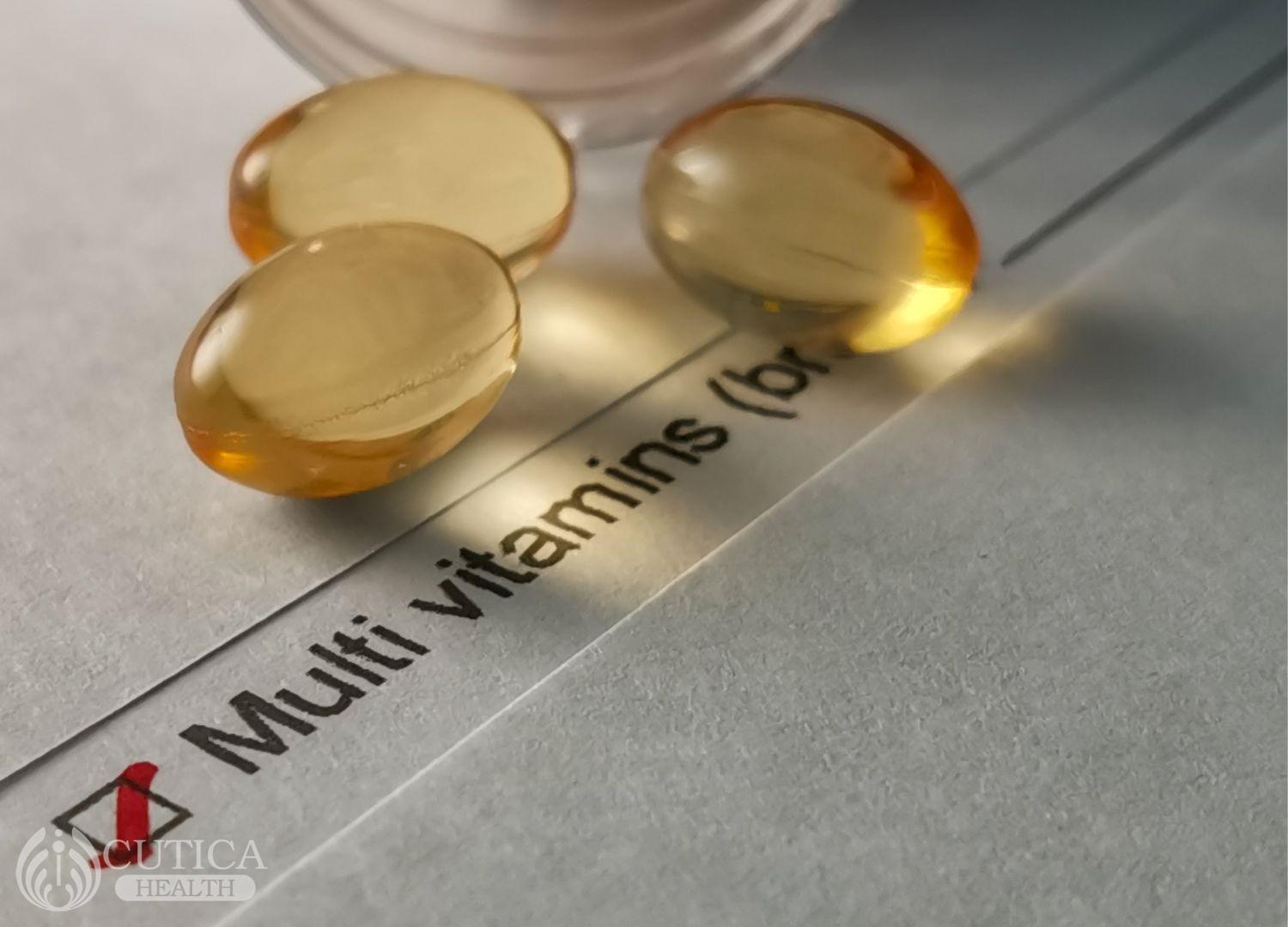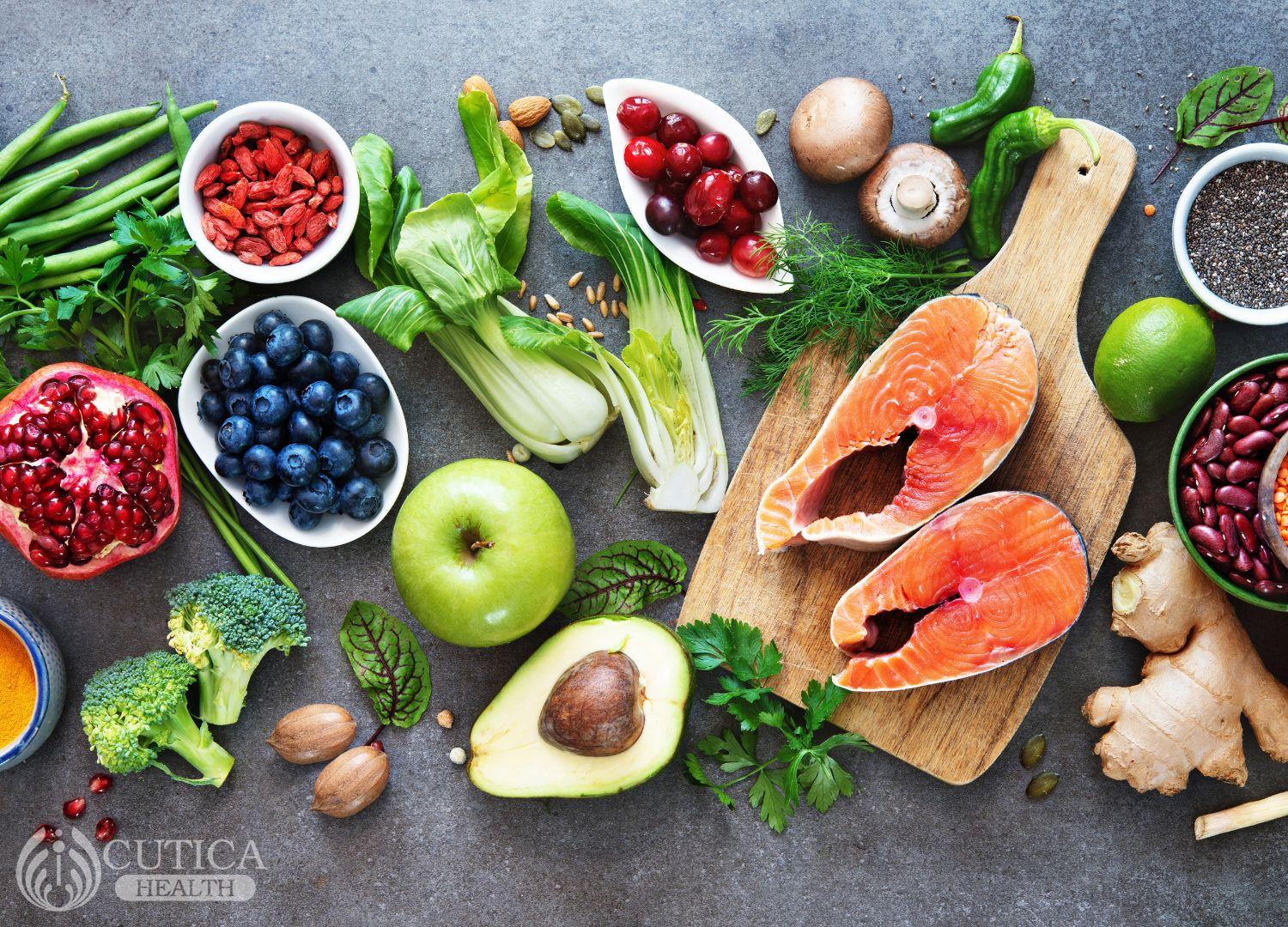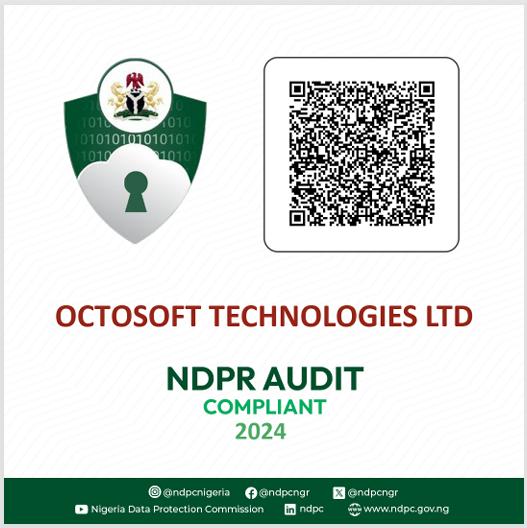A 45-year-old working mother, Nancy was constantly juggling her job and family. One day, while working on her computer, she noticed her eyes were becoming dry and itchy. After consulting an ophthalmologist, she discovered that her diet lacked essential nutrients for healthy eyesight.
The eyes require specific nutrients to function correctly. Keep these facts on your fingertips:
- Vitamin A: This vitamin is essential for good vision, and a severe deficiency can cause night blindness. Foods rich in vitamin A include carrots, sweet potatoes, spinach, and kale.
- Omega-3 Fatty Acids: These essential fatty acids help protect against eye disease and dry eyes. Foods rich in Omega-3 include fatty fish like salmon, sardines, and mackerel.
- Vitamin C: This vitamin is vital for the health of blood vessels in the eye and helps protect against cataracts. Foods rich in vitamin C include oranges, strawberries, and bell peppers.
- Vitamin E: This vitamin is an antioxidant that helps protect against a form of age-related vision impairment called macular degeneration. Foods rich in vitamin E include nuts, seeds, and leafy greens.
- Lutein and Zeaxanthin: These antioxidants protect against cataracts and macular degeneration. Foods rich in these nutrients include leafy greens like spinach and kale, eggs, and orange peppers.
Supplements for Eye Health
a. Multivitamins: A multivitamin can help fill in nutritional gaps in the diet, but choosing a high-quality supplement that provides the necessary nutrients is essential.
b. Omega-3 Supplements: If you don't eat enough fatty fish, consider taking an omega-3 supplement to get the essential fatty acids needed for eye health.

c. Vitamin D Supplements: Vitamin D is essential for eye health and often lacks in the diet. Consider taking a supplement if you need more through food or sunlight exposure.
Lifestyle Changes for Eye Health
- Quit smoking: Smoking increases the risk of cataracts, macular degeneration, and dry eyes.
- Regular exercise can improve blood flow to the eyes and reduce the risk of age-related vision problems.
- Wear sunglasses: Wearing sunglasses that block UV rays can protect against cataracts and other vision problems caused by sun damage.
- Take breaks from the computer: Staring at a computer screen for extended periods can cause eye strain and fatigue. It's essential to take regular breaks and follow the 20-20-20 rule, which involves looking away from the screen every 20 minutes and focusing on an object 20 feet away for 20 seconds.
- Get regular eye exams: Regular eye exams are essential for maintaining good eye health and catching any vision problems early.

Conclusion
A well-balanced diet with essential nutrients is crucial for maintaining healthy eyesight. By eating the right foods, avoiding unhealthy ones, and making lifestyle changes, you can protect your eyes and prevent age-related vision problems. Remember, prevention is always better than cure, and by taking care of your eyes, you can enjoy good vision for years to come.

